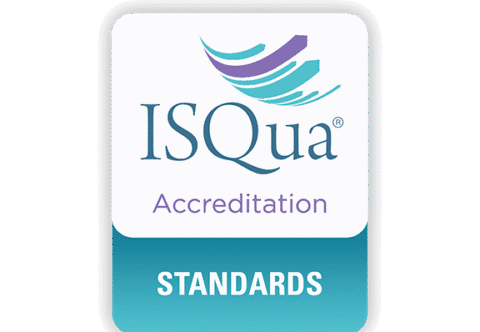About
Our Accreditations

Our Accreditations and Partnerships






Charter of Rights
We proudly endorse the Charter of Rights for Children and Young People in Care.
The Charter of Rights for Children and Young People in Care states simply and clearly the rights of children and young people who are under the guardianship or in the custody of the Minister for Education and Child Development.
The South Australian Parliament has legislated that any person involved with children in care in a formal capacity, such as a social worker or a carer must consider and ‘seek to implement to the fullest extent possible, the terms of the Charter’ (Children’s Protection Act 1993, 52EF). The Charter is promoted and monitored by the Office of the Guardian for Children and Young People.
Learn MoreAdvocating for the rights of children in care
The Charter is used by children and young people to negotiate changes when their rights are not being met. It is used by adults to discuss rights with young people and to advocate with them and for them.
Learn MoreEndorsing the Charter
The Charter has been endorsed by most agencies providing services for children and young people in care in South Australia. By doing so they have agreed to support the rights outlined in the Charter and to distribute and display Charter information.
Learn MoreBeing a Charter Champion
Agencies that endorse the Charter agree to appoint a Charter Champion at each of the sites that engage with children and young people in care. Champions liaise with the Guardian’s Office, ensuring that materials are distributed to children and young people and displayed prominently. They support the rights of their young clients and work with them and for them to use all of the available means to see their rights respected.
Learn MoreMore about the Charter
United Nations Convention
We proudly support the United Nations Convention on the Rights of Persons with Disabilities.
We do this to promote, protect, and ensure the full and equal enjoyment of all human rights and fundamental freedoms by all persons with disabilities and to promote respect for their inherent dignity.
Guiding Principles of the UN Convention on the Rights of Persons with Disabilities
There are eight guiding principles that underlie the Convention and each one of its specific articles:
- Respect for inherent dignity, individual autonomy (including the freedom to make one’s own choices), and independence of persons
- Non-discrimination
- Full and effective participation and inclusion in society
- Respect for difference and acceptance of persons with disabilities as part of human diversity and humanity
- Equality of opportunity
- Accessibility
- Equality between men and women
- Respect for the evolving capacities of children with disabilities and respect for the right of children with disabilities to preserve their identities

